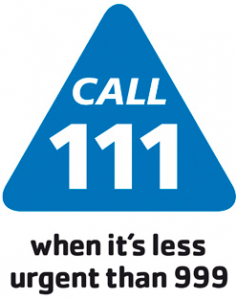What is Occupation?
In order to understand occupational therapy, it is first essential to consider the word “occupation” and how this relates to you. Occupation refers to practical and purposeful activities that allow us to live independently and give us a sense of identity. This could be anything from essential day-to day tasks such as dressing or cooking, to the things that make us who we are – our interests, career, hobbies and relationships. An activity is only considered an occupation if it is meaningful in the context of your own life; they are unique to you and your values.
What’s meaningful to you?
Lets look at occupation more closely...
We need to have a balance of these three areas in order to be happy and healthy:
Self-care activities are the tasks you do throughout the day to look after yourself e.g. bathing, dressing and grooming.
Leisure and hobbies are anything that you find enjoyable or rewarding e.g. reading, walking or jigsaws.
Productive activities are anything that you consider to be productive or gives you a sense of achievement e.g. housework or fundraising for charity.
Occupational therapists work in many different settings such as your community to enable you to overcome obstacles which prevent you from participating in the occupations that matter to you and add quality to your life. This may be as a result of the aging process, illness, disability or other circumstances.
Therapy is based around activities that matter to you... whether existing or newly identified.
Occupational Therapists provide:
Practical support to enable you to break down tasks, whether self-care, leisure, or productivity into manageable steps including use of assistive devices.
Emotional support to help you deal with the stresses or anxieties that ill-health can bring by using self-help techniques and other strategies.
Physical support to help you mobilise more easily so that you are able to engage in the things that matter to you.
Social support to enable you to access the social activities of your choice.
Spiritual support to take into account the values and beliefs which make you who you are.
Educational support to teach you helpful techniques for managing issues such as pain, fatigue, memory loss, and provide specialist advice.
Preventative support to slow down the deterioration of health conditions, including dietary advice, falls prevention, and joint protection.
How an Occupational Therapist can help you
| “I want to get back to my gardening but I’m in a lot of pain” | An OT can help with pain management techniques and pace the activity for your comfort |
|---|---|
| “I feel isolated from my community after being in hospital” | An OT can get you in touch with local social groups that share your interests and increase your confidence |
| “I’m struggling to cope with the emotional side of my illness” | An OT can explore your emotions with you teach you relaxation techniques and get you back to what you enjoy |
| “I find it hard to use the bath because of my arthritis” |
An OT can teach you techniques to help with your transfers to promote your independence and safety including providing equipment if needed |
| “I’m also so tired – I can’t motivate myself to do anything” |
An OT can advise you on how to conserve your energy throughout your day and help develop a routine to best utilise your energy levels |
| “My memory is not as good as it used to be” |
An OT can help you develop strategies to prompt you to remember your daily routine |




